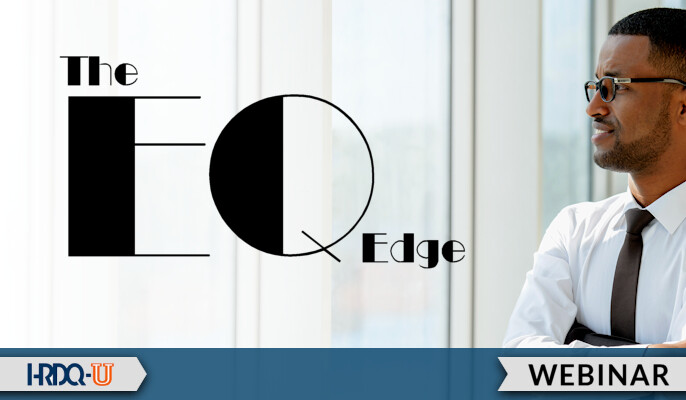What Do We Look for in Our Leaders?
Spock was a character that was purely logical and rational and devoid of all emotion. Many people frown upon emotion and, therefore, see Spock as the ideal type of leader. We tend to dismiss leaders who are overly emotional. The key to this character, though, was the ability to balance emotion and logic, and that is why the character was so successful and perhaps even why the show Star Trek lasted as long as it did.
“I view emotions as organizing processes that enable individuals to think and behave adaptively.” – Peter Salovey
Emotional Intelligence
Emotional intelligence is:
- The ability to identify emotional information in oneself and in others.
- The ability to manage emotional information in oneself and others.
- The ability to focus emotional energy on required behaviors to get things done.
“In the fields I have studied, emotional intelligence is much more powerful than IQ in determining who emerges as a leader. IQ is a threshold competence. You need it, but it doesn’t make you a star. Emotional intelligence can.” – Warren Bennis
Emotional intelligence is an important part of leadership training. Often, when dealing with a crisis, one will face fear, grief, panic, uncertainty, and sadness. If you can perceive your audience and recognize, attend to, and understand emotion, you are that much more prepared to deal with a crisis and thus be a better leader.
It’s also important to note that verbal and non-verbal communication are also very important in emotional intelligence.
The percentage of information we take in is:
- Words – 7%
- Tone of Voice – 38%
- Body Language – 55%
How to Increase Your Emotional Intelligence
With emotional intelligence being such an important skill, how can you increase your own emotional intelligence to be a good leader? Here are three ways:
- Self-Awareness: Periodically take a minute to check in with yourself and see how you’re feeling. Also, in times of high emotion, both good and bad, slow down for a minute and think about how you’re feeling, what’s making you feel this way, and what is your reaction to the outside stimulants.
- Self-Regulate: Especially for times when you’re feeling angry, sad, etc., think about why you feel that way and what you can do to regulate those emotions. Techniques such as deep breathing, reframing your thoughts, and other relaxation exercises can help regulate your emotions.
- Empathy: Try to understand how others are feeling by noticing their body language and tone of voice. It’s also important to actively listen to what others are saying to understand what is the cause of their emotions and to know how to respond in a way that shows you hear them and you care about them. It’s also useful to think about how you would feel if you were in the other person’s situation.
Practicing these three skills will help to increase your emotional intelligence and help you become a better leader. To see where you’re at now, take our Emotional Intelligence Skills Assessment. This assessment measures adult emotional intelligence on five scales: perceiving, managing, decision making, achieving, and influencing. It’s a great tool to help you know where to improve, and it’s a great tool for your next leadership training.
You can also check out the webinar The EQ Edge presented by Steven Stein. This webinar explores how building an emotionally intelligent workforce can lead to employee satisfaction, superior performance, increased profits, and a healthier organization overall.















